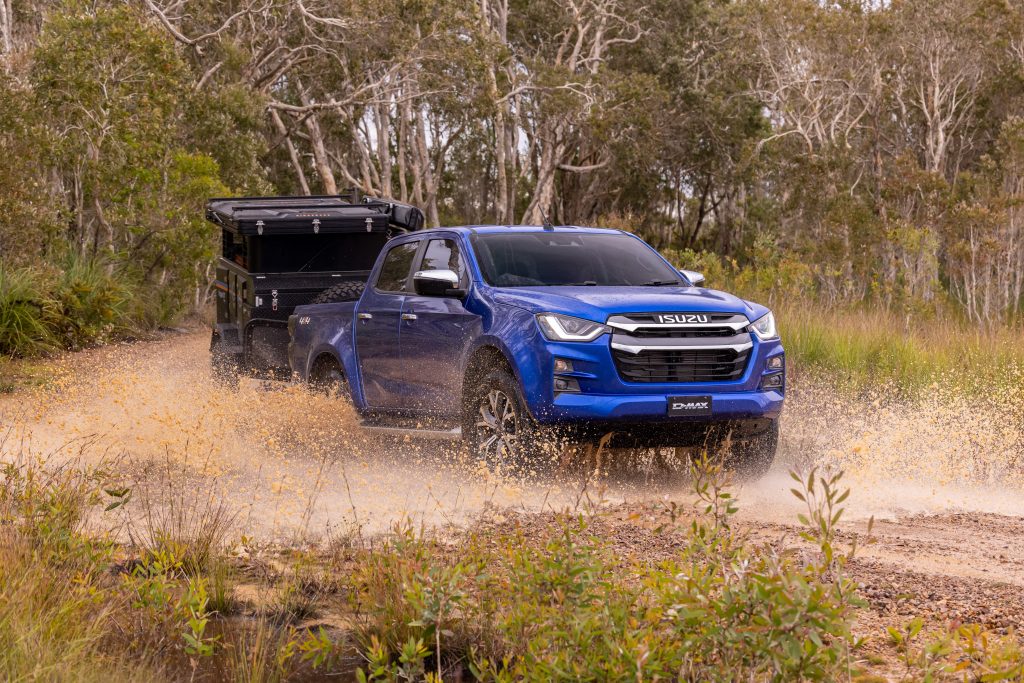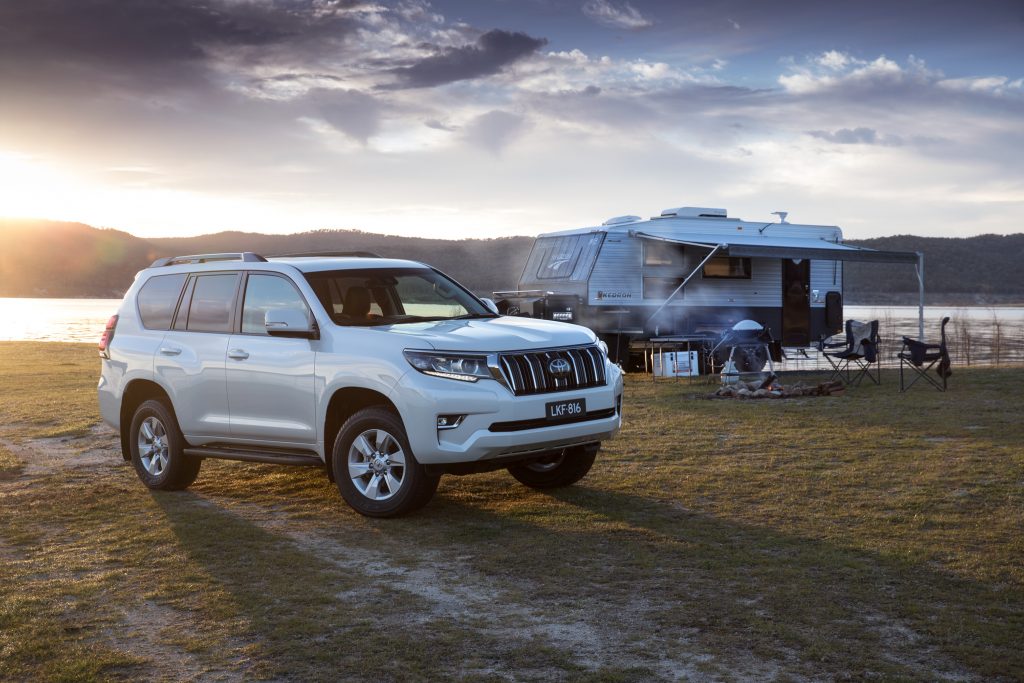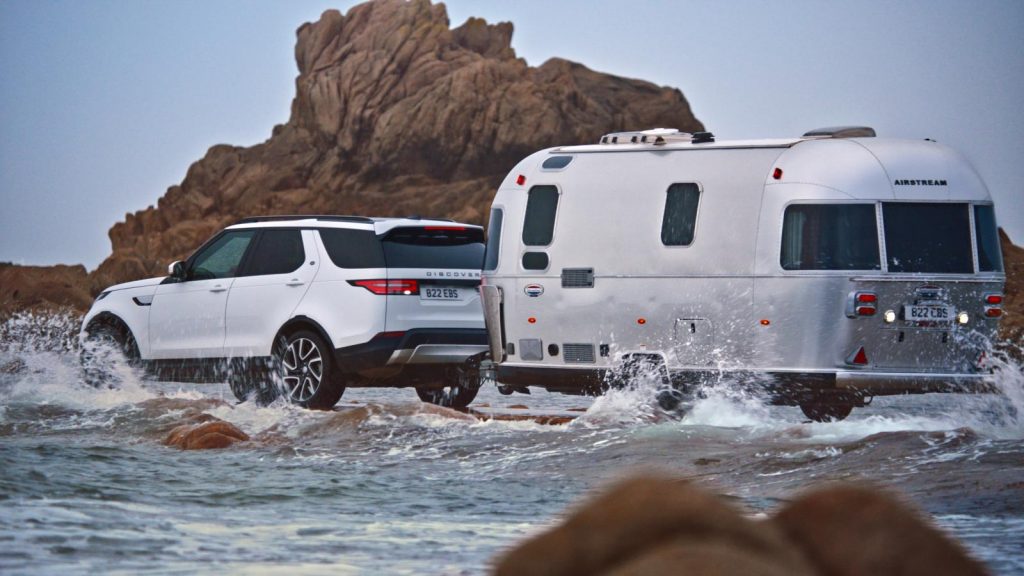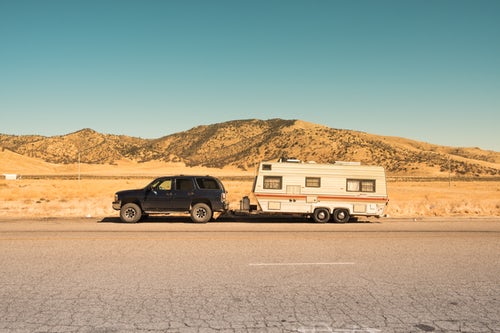THERE COMES A TIME IN LIFE when an overpowering desire to simply lock up the house, pack up the caravan and hit the open road can be denied no longer.
Even a short drive on a weekend reveals just how many grey nomads (the expression came from a 1987 Australian documentary) are doing the big Aussie circuit. If you’re contemplating doing the same thing, just how easy (or complicated) is it? And what potential problems will it cause?
Practical considerations
Naturally, if you become a person (or persons) of no fixed abode, you’ll need somewhere for your mail to be delivered. Most retirees arrange for a relative to receive their mail and let them know if anything important comes in. Some caravan and campervan companies will act as mail depots for you, if a relative isn’t a viable option and Australia Post offers a free Post Restante service (which may be a little difficult to manage, if you don’t have a clear idea of where you’ll be and when).
You’ll also still need to pay bills and do banking. The best advice is to keep a detailed diary, listing when things like house insurance, car insurance, registration and driver’s licence need to be paid. Direct debits will take a lot of the stress out of ensuring important bills are paid on time. You can do a lot of your banking on the internet, wherever you are.

If you leave your home for longer than 12 months, it can be reclassified as no longer being your primary residence. And it’s not as simple as dropping by, establishing a brief period of residence, and then upping sticks again. So if you’re out of your home for more than 12 months, it will be included in the assets test, and the way house prices have moved over recent times, there’s every possibility that the added value of your home in the assets assessment will preclude you from receiving the pension.
And if you decide to rent out your home, the rental income will be included in your assessment as well. When added to the notional income from your superannuation, it may well be enough to push you beyond the $3313 a fortnight you are allowed to earn before you lose your pension and all the (valuable) concessions that go with it.
Should you sell up?
Selling the family home is a major commitment. The biggest risk with selling your home is that your travelling days will be finite, and probably have to end at some stage. And buying back into the property market may be very difficult. A well-travelled vehicle and caravan may not provide you with the funding you need to find accommodation in your later years.

Can you afford to do The Big Lap?
There’s no simple answer to how much it will cost you to hit the open road, because everyone is different.
However, there are some costs that will be unavoidable:
- Fuel
- Camping and accommodation costs
- Food (including takeaway and restaurant meals)
- Out of pocket expenses such as tours, souvenirs, refilling the LPG bottle
- Vehicle costs such as car servicing, repairs, and repairs and maintenance on the caravan
It’s good practice to keep a close eye on your budget and record what you’re spending.
And there are some useful strategies to keep your costs down:
- Research caravan parks before you arrive (and remember that parks a few kilometres out of town are usually cheaper than those in the centre of town)
- Do your homework on fuel prices – you can often save as much as 15 to 20 centres per litre by finding a good value servo (and they’re usually the ones that aren’t on the highway)
- Check out where you can refill your LPG bottle rather than doing a swap’n’go. You can save $10 or more
- Join a caravan park group
- Maximise the benefit you get from your Seniors card and Auto Association membership discounts

Plan your health strategy
Okay, none of us is getting any younger, so it’s vital you put some thought into protecting yourself while you’re away.
- Get a thorough health check before you go, and keep a copy of the details in case you need to brief a doctor you’ve haven’t seen before
- Have all your prescriptions filled before you go and remember that you may not have access to full-service pharmacies in more remote areas
- Be familiar with the storage instructions for any medications you are taking, and keep in mind that a car or van can get hotter than is ideal for medication storage.
- Have a dental and optical check
- Carry a fully-equipped first aid kit
- Consider taking a first aid course
- Take out ambulance cover
And there are some other things you should do when you’re travelling:
- Don’t forget to exercise
- Don’t neglect your diet
- Don’t set too stressful or ambitious an itinerary
- Take a break from driving every two hours or so; get out of the car, stretch your legs and breathe some fresh air
- Be aware that not everything will go to plan, so be open to changes as they occur
Do your homework
If you plan your affairs carefully, you can quite possibly continue to receive the pension. You’ll need to factor in the need to re-occupy your home before the 12-month grace period expires. And calculate whether the deemed income from your superannuation plus the rent you receive will remove you from pension eligibility.
Once you’ve determined that, and done your proper planning, you can hit the open road with confidence.
